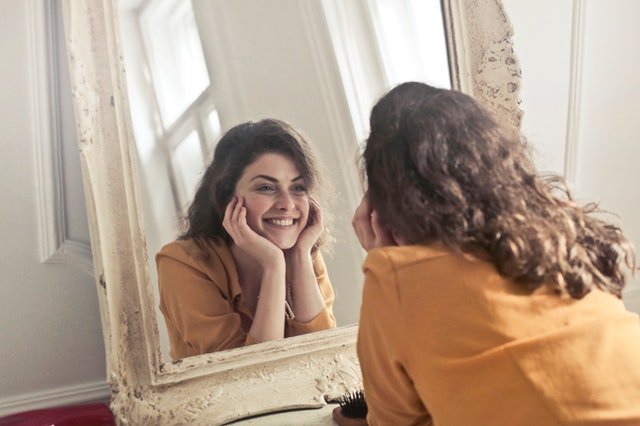
In a new study, researchers have developed a new strategy to improve mood in just 12 minutes.
The finding may help protect people’s mental health and improve quality of life.
The research was conducted by a team of Iowa State University researchers.
In the study, the team tested three different techniques intended to reduce anxiety and increase happiness or well-being.
They asked college students to walk around a building for 12 minutes and practice one of the following strategies.
The first one is a downward social comparison. In this strategy, students looked at the people they see and think about how they may be better off than each of the people they encountered.
The second is interconnectedness. In this strategy, students looked at the people they see and think about how they are connected to each other.
Students could think about the hopes and feelings they may share or that they might take a similar class.
The third is loving-kindness. In this strategy, students looked at the people they see and thinking to themselves, “I wish for this person to be happy.”
The study also included a control group in which students looked at people and focused on their clothing, the combination of colors, textures as well as makeup and accessories.
The researchers measured the anxiety, happiness, stress, empathy, and connectedness in each student.
They found walking around and offering kindness to others strongly reduced anxiety and increases happiness and feelings of social connection.
The third strategy “loving-kindness” won. Students who practiced loving-kindness or wished others well felt more connected, caring and empathetic, happier, and less anxious.
On the other hand, the downward social comparison strategy had no benefit, and its effect was much worse than the loving-kindness technique.
The team also found that the interconnectedness group felt more empathetic and connected.
The finding suggests that being loving and kind can make people happier and improve their mood.
But the downward social comparison cannot prevent people from feeling bad about themselves. This is different from previous findings.
The team explains that downward social comparison is a competitive strategy, which has been linked to stress, anxiety, and depression.
They also suggest that being loving and kind can bring health benefits regardless of personality type.
The finding may also help explain why social media comparisons make people feel anxious and depressed.
People often feel envy, jealousy, anger or disappointment in response to what they see on social media. Those emotions can harm the sense of well-being.
Future work needs to examine this in social media studies.
The lead author of the study is Douglas Gentile, professor of psychology.
The study is published in the Journal of Happiness Studies.
Copyright © 2019 Knowridge Science Report. All rights reserved.



